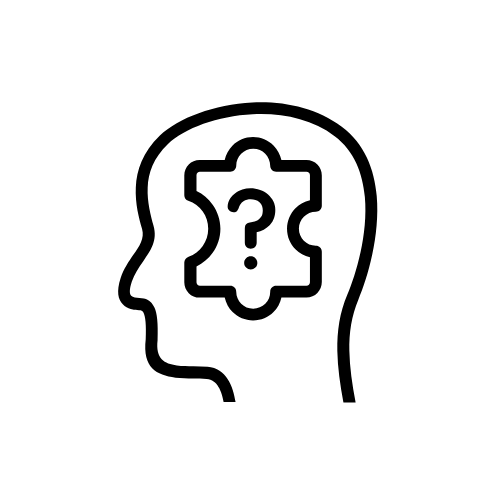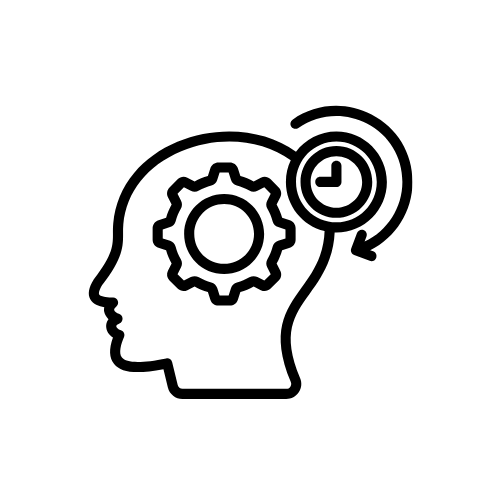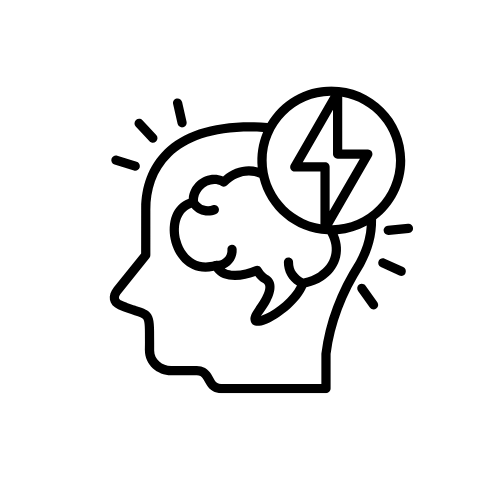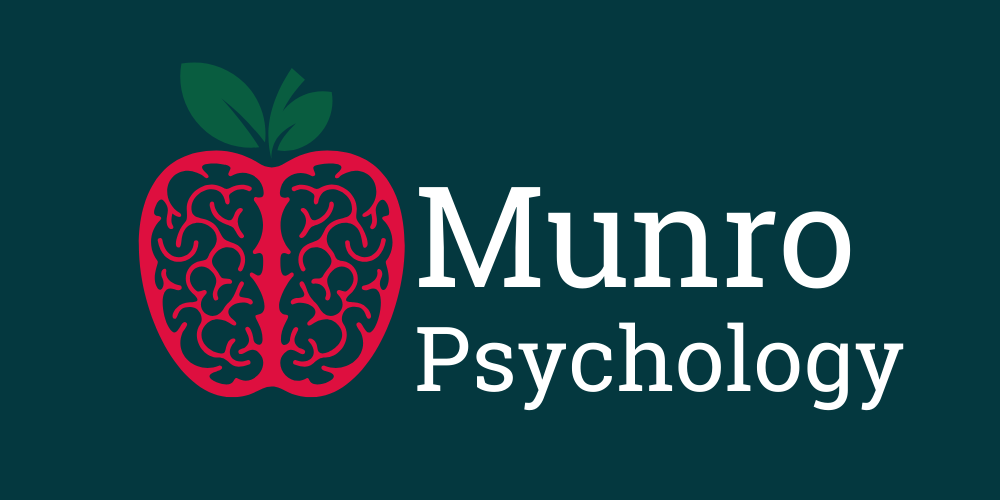Why Have a Cognitive or Learning Assessment as an Adult?
Understanding how your brain works is a powerful tool. Adult cognitive and learning assessments can provide clarity, confidence, and a roadmap for managing challenges and building on your strengths. Whether you're facing specific difficulties or simply curious about how you learn and think, a psychological assessment can help you move forward with insight and purpose.
-
You’re curious about how your brain processes information—such as memory, attention, reasoning, and language. Understanding your unique cognitive profile can help you play to your strengths, manage your challenges, and thrive in work, study, and daily life.
-
If a family member, such as your child, has recently been diagnosed with a learning difference (e.g. Specific Learning Disorder,dyslexia, giftedness), you might notice familiar patterns in yourself. An assessment can help explore whether similar traits apply to you and how to work with them positively.
-
Some adults have grown up without a diagnosis and now recognise signs of Specific Learning Disorder, dyslexia, Giftedness, or other learning needs. An assessment can provide answers, increase self-understanding, and guide strategies to support reading, writing, or learning in new ways.
-
If you're planning to study, change careers, or take on new training, understanding your learning style can set you up for success. You’ll receive tailored recommendations to support your learning, productivity, and wellbeing.
-
If you’ve experienced changes in concentration, memory, or mental stamina—whether from stress, burnout, illness, or ageing—a cognitive assessment can provide clarity and help you develop strategies to adapt and feel more in control.
-
A formal assessment can help you advocate for yourself in education or workplace settings, including accessing support or reasonable adjustments.
A cognitive assessment helps you gain insight into how you solve problems, learn, and process the world around you, including in areas such as:
-

Verbal Comprehension
How well you understand words, explain ideas, and draw meaning from language. It's your inner wordsmith and verbal communicator.
Challenges might look like:
Struggling to explain your thoughts in meetings or conversations.
Misunderstanding verbal instructions.
Avoiding reading or writing-heavy tasks due to frustration.
Strengths can help you:
Communicate clearly with others, whether it’s telling a story or pitching an idea.
Navigate information-rich environments (like study or business) with ease.
Build confidence in expressing yourself in writing, speaking, or everyday life.
-

Perceptual Reasoning
How you think in pictures, spot patterns, and solve visual puzzles. This is your visual brainpower and creative problem-solver.
Challenges might look like:
Getting lost when following visual instructions (like diagrams or maps).
Struggling with hands-on tasks that require spatial awareness (like assembling furniture).
Taking longer to grasp patterns or concepts in maths, coding, or design.
Strengths can help you:
Excel in fields like engineering, trades, art, or science where visual and spatial thinking is key.
Solve problems creatively and ‘see’ solutions others might miss.
Navigate change and uncertainty with a flexible, visual approach to problem-solving.
-

Working Memory
Your ability to keep information in mind and work with it at the same time, like mentally juggling ideas while staying focused on the task.
Challenges might look like:
Losing track of what you were doing mid-task.
Difficulty following multi-step instructions or conversations.
Trouble keeping focus while learning or working under pressure.
Strengths can help you:
Plan, prioritise, and complete tasks efficiently.
Hold conversations or ideas in mind while problem-solving or studying.
Juggle the demands of work, parenting, or study with more ease and less overwhelm.
-

Processing Speed
How quickly and accurately you can take in and respond to information. Think of it as your brain’s reaction time.
Challenges might look like:
Feeling slow compared to peers, especially in timed situations.
Taking longer to complete written tasks or forms.
Struggling to keep up in fast-paced conversations, meetings, or classes.
Strengths can help you:
Work quickly and confidently under time pressure.
Pick up new tasks with speed and accuracy.
Stay on top of fast-moving work or study environments.
